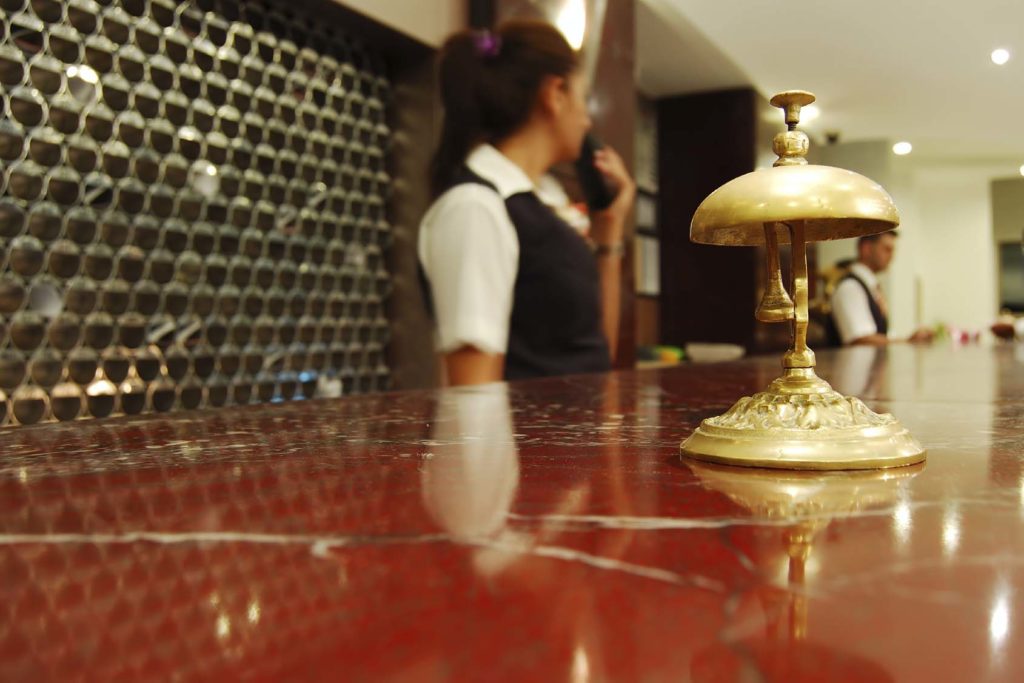 Recent headlines and advocacy efforts have raised public awareness of the issue of human trafficking in Canada. These much-needed messages are shining a light on a problem that is more pervasive than most would realize. Statistics Canada states there were 1,099 police-reported incidents involving a human trafficking offence between 2009 and 2016, and that the yearly number is escalating. Globally, it is a billion-dollar criminal network whose victims are primarily women and children, and whose perpetrators could be their family and friends.
Recent headlines and advocacy efforts have raised public awareness of the issue of human trafficking in Canada. These much-needed messages are shining a light on a problem that is more pervasive than most would realize. Statistics Canada states there were 1,099 police-reported incidents involving a human trafficking offence between 2009 and 2016, and that the yearly number is escalating. Globally, it is a billion-dollar criminal network whose victims are primarily women and children, and whose perpetrators could be their family and friends.
Described as modern-day slavery, victims are exploited for labour or sexual services. They are generally deprived of identifying documents and financial resources, suffer from physical and emotional abuse, and are cut-off from outside contact. There are cases where victims continue with aspects of daily life, but they have been intimidated or blackmailed into not reporting they are a victim.
According to the December 2018 Report of the Standing Committee on Justice and Human Rights, Moving Forward in the Fight Against Human Trafficking in Canada, the vast majority of human trafficking victims were women (95%), 72% of whom were under the age of 25, and 26% under the age of 18. Most offenders were male (81%), and 80% of those accused of a human trafficking offence were aged 18 to 34.
Tourism and hospitality industries are extremely well placed to notice and report incidents of trafficking. Many victims are confined and exploited at hotels, motels, and Airbnbs. They are often transported by taxi and ride-sharing drivers, but flight attendants and bus, train, and airline agents may also be able to spot victims. Large-scale events often attract traffickers hoping to capitalize on increased visitation. Labour trafficking victims may be forced to work at a range of tourism establishments, from janitorial services at a ski resort to a dishwasher at a restaurant.
The following are some warning signs of human trafficking:
- No control of money, cell phone, or ID
- Restricted or controlled communications
- No knowledge of current or past whereabouts
- Signs of poor hygiene, malnourishment, or fatigue
- No freedom of movement, constantly monitored
- Exhibits fearful, nervous, anxious, or submissive demeanor
(Source: The Polaris Project)
The tourism sector as a whole has begun raising awareness and taking action. Events professionals are joining with law enforcement and support organizations to disrupt human trafficking activities. An increasing number of hotels are training staff on how to spot and react to human trafficking incidents. Industry events are featuring sessions on the topic, pointing delegates to resources and practices they can implement at their workplaces.
What are some measures employers can take?
- Create workplace policies and procedures on how to manage cases of human trafficking.
- Train all staff on what human trafficking is, warning signs to look for, and how to safely intervene.
- Display and distribute current resources on organizations to contact for more information.
- Attend events that promote industry awareness of human trafficking and encourage others to attend.
- Establish partnerships with local organizations and law enforcement.
- Join ECPAT-USA’s Tourism Child-Protection Code of Conduct.
- Thoroughly vet contract employment agencies and build relationships with workers on site.
Recent media coverage:
Hotel chains training staff to spot victims of human trafficking in their midst
Hotel training tackles human trafficking in Peterborough
Hotel staff can stop Windsor from being a human trafficking hotbed, advocates say
When Human Trafficking is too close to home
Police in Ontario free 43 Mexicans brought to Canada by alleged human traffickers
Resources to help end human trafficking:
The Canadian Centre to End Human Trafficking
Moving Forward in the Fight Against Human Trafficking in Canada
Human Trafficking – National List of Organizations
Meeting Professionals Against Human Trafficking
ECPAT-USA (American resource)
Polaris: Human Trafficking and the Hotel Industry (American resource)

